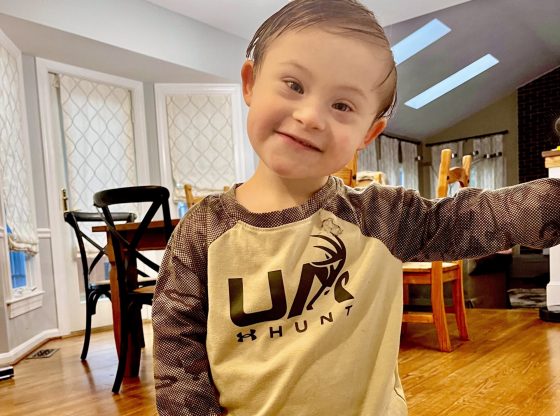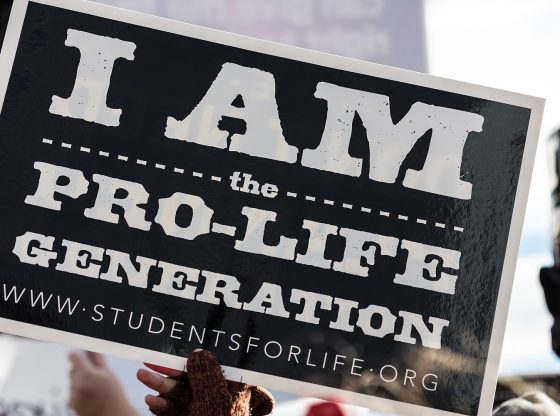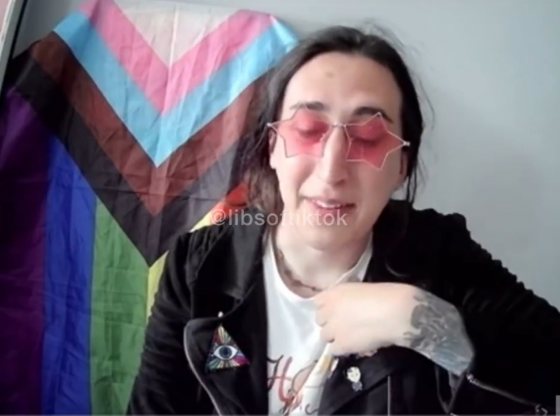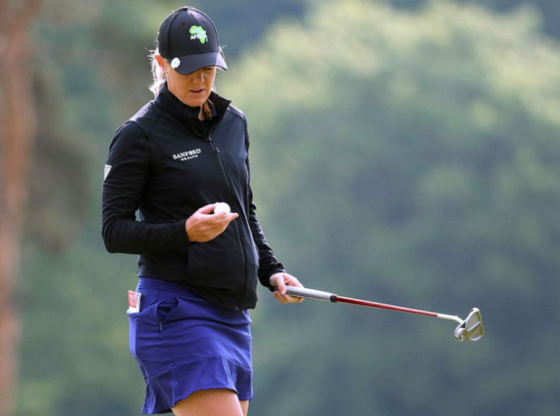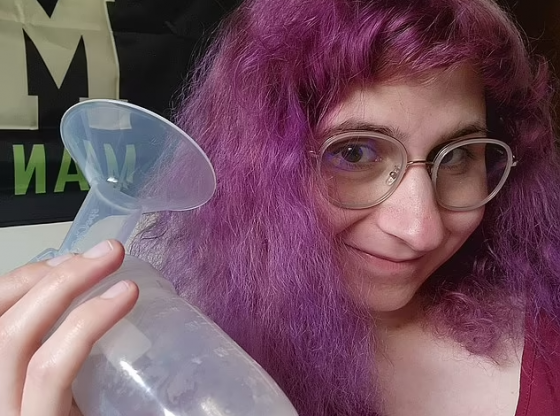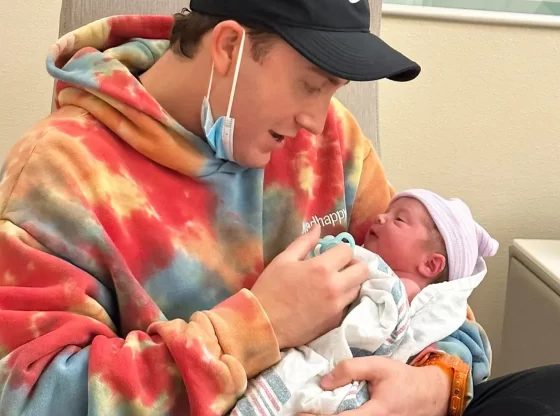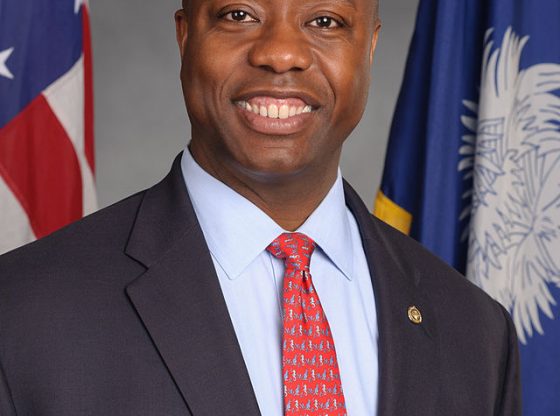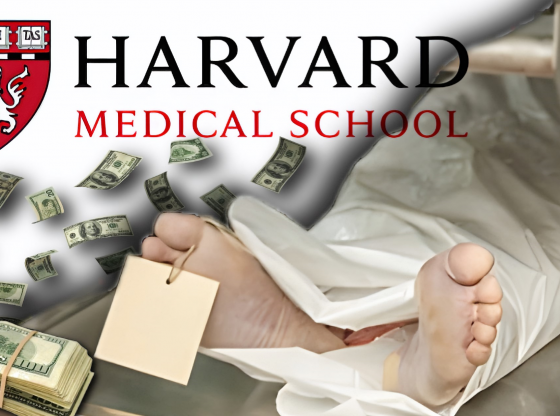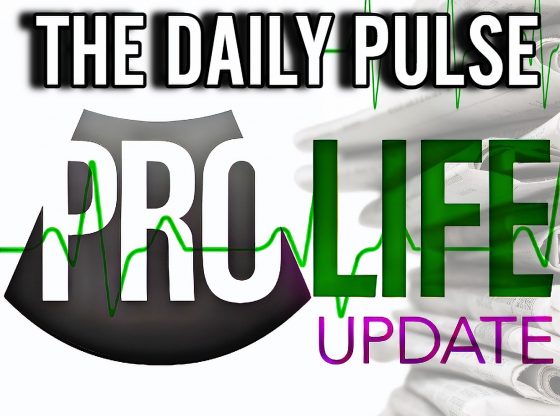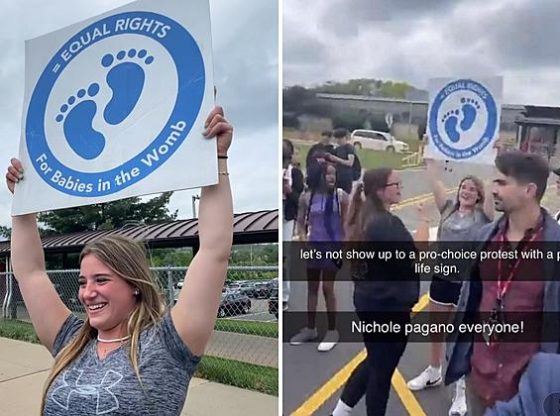The National Down Syndrome Society (NDSS) and The Global Down Syndrome Foundation have partnered to bring their best A-Game advocacy to the nation’s heartbeat, Washington, D.C. This Advocacy Conference takes place April 17-19. NDSS says, we “will bring our community together to advocate for legislative priorities that impact the Down syndrome community.” Advocacy is key to the Down syndrome community.
The Down syndrome community cannot thrive without advocacy at the grassroots levels, the lawmakers’ levels and everything in between. People with Down syndrome are just like their neuro-typical peers, but they need extra support for school and in healthcare. That’s where the NDSS, the Global Down Syndrome Foundation and the National Down Syndrome Congress come in. When these three powerhouses join forces, nothing can stop them. They will be in the halls of the U.S. Senate and U.S. Congress lobbying lawmakers to support this community.
People with Down syndrome are living longer than expected, but the healthcare system still treats them like children. The aging population of people with Down syndrome needs better healthcare. The Global Down Syndrome Foundation lists 15 medical centers throughout the 50 United States that can the aging population. These adults with Down syndrome need much more access to healthcare specific to their needs.
The United States had about three times as many adults with the condition by 2016 as it did in 1970. That’s mainly because children born with it are no longer denied lifesaving care, including surgeries to correct birth defects.
Adults with Down syndrome often develop chronic health problems, such as severe sleep apnea, digestive disorders, thyroid conditions, and obesity. Many develop Alzheimer’s disease in middle age. Researchers suspect this is related to extra copies of genes that cause overproduction of proteins, which build up in the brain.
“Taking care of kids is a whole different ballgame from taking care of adults,” said Peterson, the University of Kansas nurse practitioner.
Healthcare needs to treat this aging population of people with Down syndrome like people, not conditions. That is one of the areas of focus for the National Down Syndrome Advocacy Conference in Washington, D.C.

